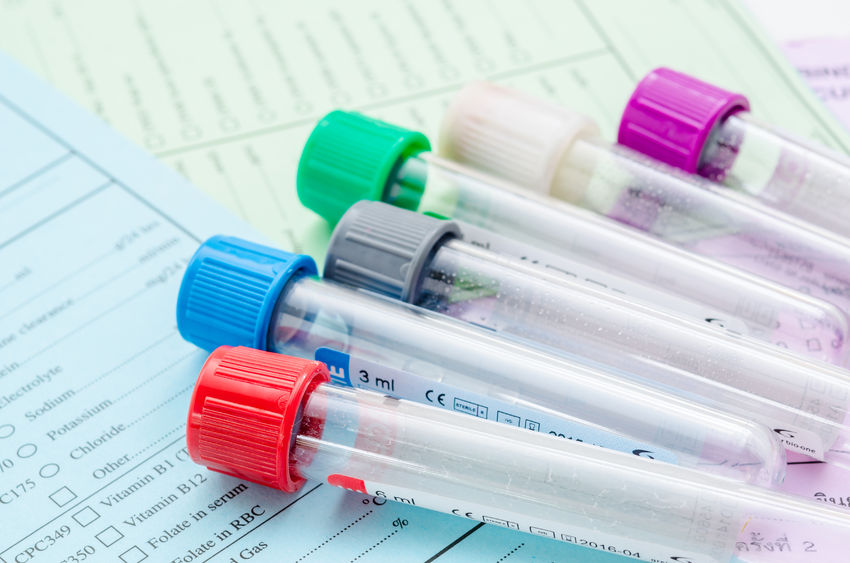
Allergy Shrimp Enzyme Assay Skin
What is this test?
This test helps to find whether an individual is allergic to shrimp or not. In this test, a solution containing allergen shrimp is applied to the skin. Then the applied area of the skin is pricked with a lancet needle.
What is Shrimp?
Shrimp belongs to the crustaceans group of shellfish. Shrimps are widespread and are thousands of species. They can be found near the seafloor, rivers, and lakes. They are very important in the food chain and a good source of food for larger animals in the water. They are also farmed by humans for several purposes.
Consumption of shrimp helps in weight loss and maintains good health. Shrimps contain phosphorous and vitamin-D. So, they promote good bone strength. They also help in skin protection against the sun, improve brain health and also protects against heart disease.
What is a Shrimp allergy?
Shrimp allergy is a type of allergy in which an individual is allergic to shrimp and may suffer from symptoms such as abdominal pain, nausea, vomiting, diarrhea, difficulty in breathing, itches, skin rashes, fainting, lightheadedness, weak pulse, indigestion, repetitive cough, confusion, watery eyes, runny nose, throat tightness etc.
In severe allergic condition, an individual may suffer from life-threatening anaphylactic shock.
Why this test is performed?
This test is performed to check whether an individual is allergic to shrimp or not. The doctor may ask you to undergo this test if you are suffering from symptoms such as swelling, watery eyes, runny nose, repetitive cough, confusion, abdominal pain, difficulty in breathing, itches, fainting, weak pulse, etc.
Test Preparation
No special preparation is needed for Allergy Shrimp Enzyme Assay Skin. Inform your doctor if you are on any medications or have any underlying medical conditions or allergies before undergoing Allergy Shrimp Enzyme Assay Skin. Your doctor depending on your condition will give specific instructions.
Understanding your test results
The test results may be different depending on gender, age, and health conditions. Inform your doctor if you have any other allergies.
Generally, there is no need for medical interventions if test results are normal.
If the test results are negative it may indicate that there is no wheal and flare type reaction. So, the individual is not allergic to shrimp.
Wheal-and-flare reaction is the swelling and redness of the skin.
In case the test results are positive it may indicate that there is a wheal-and-flare type reaction on the skin. A wheal with a diameter of 3mm or more is generally considered as a positive result which means the individual is allergic to shrimp.
| Gender | Age groups | Value |
| UNISEX | All age groups | A wheal and flare reaction of atleast 3mm indicates that the patient is allergic to the substance |